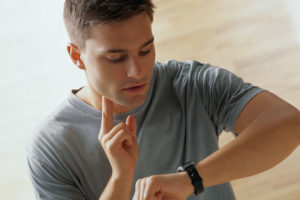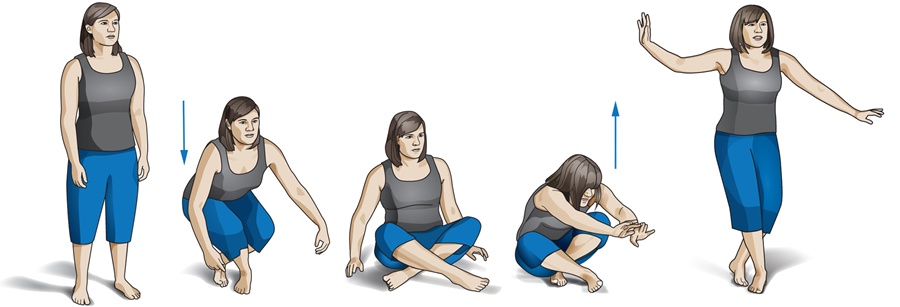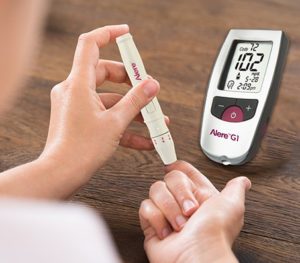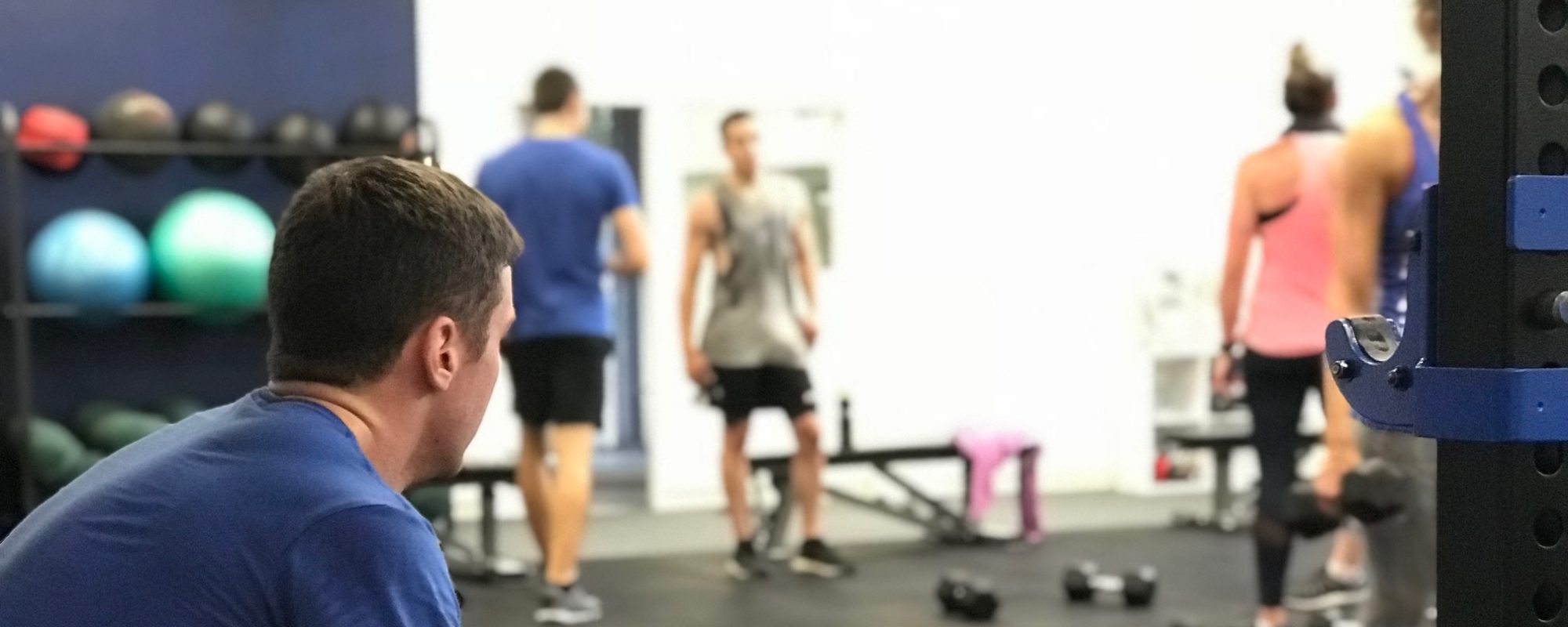Disclaimer: Don’t be your own doctor. If you are concerned about your health seek the advice of a medical professional.

1. Resting Heart Rate (RHR):
HOW TO: Using two fingers count the number of beats in 1 minute (or 30s x 2, 15s x 4) in the radial artery (wrist) or carotid artery (neck). Best to do this first thing in the morning, when you’re relaxed and then a few times over the course of the day to get an average idea.
RESULTS: Google “normal heart rate” and you’ll find that the answer is between 60-100 beats per minute. This brings up a few issues with medical testing and particularly results analysis that I won’t go into here but just remember that the average person nowadays is not healthy! As we become heavier and more sedentary, the average heart rate in our population is going up and up. Does that make 100 beats per minute normal?
A 16 year long study of healthy middle-aged men found that with every 10 beats per minute increase in resting heart rate, risk of mortality (death) increased by 16%. A RHR between 81-90 increased risk of death two-fold, and between 91-100 three-fold! 1 I know which end of ‘normal’ I want my resting heart rate to be. Sitting at my desk writing this article instead of going through our finances like I should be, my RHR is about 75. When my anxiety is up my RHR may spike up to just over 100. Relaxed, my RHR is between 50 and 60. A well-trained athlete may have a resting heart rate of about 40 beats per minute.
N.B. If you want to get really into this, you can have a look at your HRV – heart rate variability or the difference in the time between beats. This gives an indication of how well the heart responds to the demands placed upon it i.e. high variability is good whilst robotic, un-changing beating is not so good.
2. Sit and Stand test
HOW TO:
Basically, sit down and stand up again without using anything – not even your hands on your knees or the floor. You start with 10 points, and you lose 0.5 point if you lose balance, and 1 point each time you support yourself with your body.

RESULTS: In a study of 2,000 patients aged 51 to 80, people who scored fewer than 8 points on the “sitting rising test” were twice as likely to die within the next six years compared with those who scored higher. Those who scored 3 or fewer points were more than five times as likely to die within the same period compared with those who scored more than 8 points. 2
Overall, each point increase in the SRT score was associated with a 21 percent decrease in mortality from all causes.
3. Urine exam:
Normal urination is a reasonable volume, non-painful and pale yellow in colour. Generally in a healthy person, the darker your urine, the more dehydrated you are so keeping an eye on the colour can help you boost your water intake when needed. Changes to the norm could give you an early (or sometimes not so early) indication of a problem so see your doctor if you are urinating excessively, unable to urinate, noticing a change in colour to red/brown, experiencing pain or only urinating small amounts at a time.

4. Digestive health:
I didn’t want to write ‘poo’ as the heading… but poo is important! Normal bowel activity is on average once per day (variable), easy to pass, light brown and in a sausage shape (short or long). Again anything outside the norm may warrant a trip to your health care provider. In a healthy person bowel movements will vary in consistency, volume and ease of passing with changes in diet, fluid intake, exercise and stress. But if changes persist or are more serious such as pain, blood, watery diarrhoea or difficulty going at all, seek medical advice.
5. Blood glucose:

This one requires a little equipment, and a little bravery! Pick up a glucometer from your local chemist ($20-30) and prick your finger first thing in the morning before eating anything. This test gives you a fasting blood glucose result and a healthy reading is between 4-6 mmol/L. If your fasting blood glucose is higher than 6 mmol/L you may have pre-diabetes or diabetes. If your reading is outside of the normal range book an appointment with your medical practitioner. 3
-
Elevated resting heart rate, physical fitness and all-cause mortality: a 16-year follow-up in the Copenhagen Male Study

